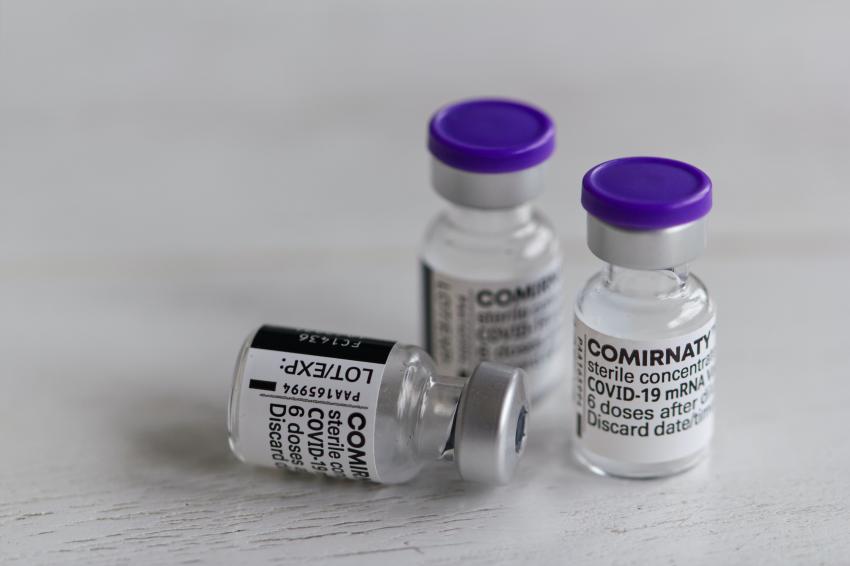FDA Takes Panel’s Advice on Covid Vaccine Boosters
The American-German alliance’s Comirnaty recently received the FDA’s full approval, based on the two-dose regimen tested in clinical trials. The new emergency authorization allows the booster rollout plan announced by President Joe Biden for Sept. 20 to proceed with a two-day delay. The agency followed the panel’s recommendation to restrict a third dose to certain categories of recipients rather than offering it to all.
Those eligible for the booster are individuals 65 years of age and older, those aged 18 to 64 who are at high risk of contracting severe Covid and those in the same age group whose frequent institutional or occupational exposure to the coronavirus puts them at high risk of serious complications from the disease. The latter category includes healthcare workers, teachers and day care staff, as well as occupants of shelters or prisons.
Only the Pfizer/BioNTech vaccine will be administered in this stage of the rollout. The Comirnaty manufacturers had applied for the authorization, which was controversial in part due to the absence of conclusive data. Also, the World Health Organization has urged that citizens of rich nations not be offered a third dose when those in poorer countries have not yet received the first dose.
In a statement, the FDA said it authorized the restricted rollout after considering “the totality of the available scientific evidence “and the deliberations of the independent experts. Acting FDA Commissioner Janet Woodcock said the agency believes that the known and potential benefits of a booster dose outweigh the known and potential risks in the populations that it is authorizing for use.
“This pandemic is dynamic and evolving, with new data about vaccine safety and effectiveness becoming available every day. As we learn more about the safety and effectiveness of Covid-19 vaccines, including the use of a booster dose, we will continue to evaluate the rapidly changing science and keep the public informed,” Woodcock added.
As part of its decision-making process, the FDA analyzed safety and immune response data from a subset of participants in the original clinical trials of the Pfizer/BioNTech vaccine. It also considered real-world data on the vaccine’s efficacy over a sustained period from domestic and international sources, including the US Centers for Disease Control (CDC), the UK and Israel.
Along with studying data supplied by the manufacturers, the health agency said it assessed the immune responses of some 200 original trial participants aged 18 to 55 who received a single booster dose approximately six months after their second dose, as well as the antibody response against the SARS-CoV-2 virus one month after a booster dose. It compared the latter to the response one month after the two-dose primary series in the same individuals demonstrated a booster response.
The FDA said additional data provided by Pfizer/BioNTech showed that during the study period of July and August 2021, the incidence of Covid-19 was higher among the participants who completed their primary vaccine series earlier, compared to participants who completed it later. The agency then determined that the rate of breakthrough COVID-19 reported during this timeframe translated to a “modest decrease” in the efficacy of the vaccine among those vaccinated earlier.
Author: Dede Williams, Freelance Journalist





